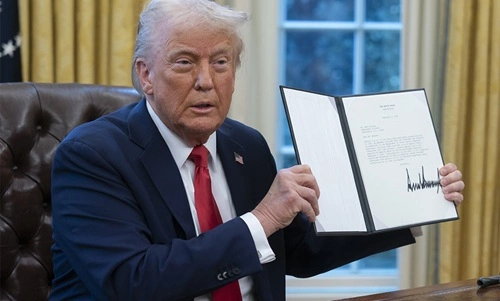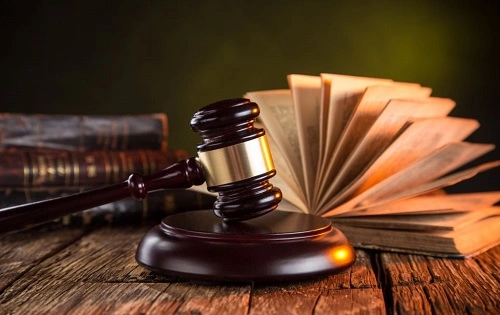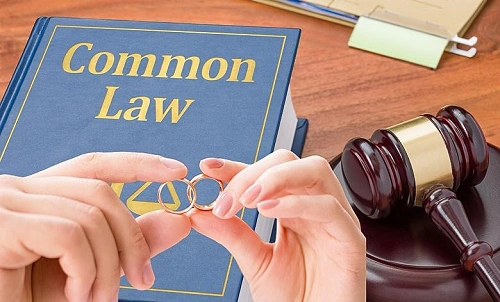No, an executive order is not a law. That’s the simplest way to put it. See, to further simplify it, an executive order is just a legally binding instruction that is given by the president to the federal government. That’s all! Still, if you have a lot of questions regarding it, then just keep on reading.

What Exactly Is an Executive Order?
It is possible to imagine an executive order as a command from the President, in a direct and immediate way, to the different federal agencies. Plain and simple! In a way, the idea is similar to the President, as the head of the executive branch, giving the different departments the next step of the process, either by instructing what to do or how to do it. These types of directives, in fact, endorse the execution of already existing laws or, in some cases, are the means for the smooth running of government activities. But they do not possess the power to change the law entirely.
Example: The President is able to request the Education Department a change in the student loan policies. However, is it within the President’s power to create an executive order that would automatically make college free for all? No, Congress is the only entity that can sanction this by turning it into a law.
Executive Orders vs. Laws, Like What’s the Difference?
Let’s keep this simple.
Congress is responsible for passing laws. The House of Representatives and the Senate make up Congress. A law goes through a series of steps before it gets passed. Representatives and Senators vote on it, and then the President signs it. When that takes place, the bill is turned into a law, and it is mandatory for those who abide by the law: the people, the firms, the educational institutions, and so on.
By contrast, executive orders don’t require the approval of Congress. These are simply orders that are internally issued by the federal departments and agencies. In most cases, these orders only affect the functioning of the government and not the people directly.
Are Executive Orders Legal?
Yes, they are. But there’s a limit.
The Constitution of the United States empowers the President to give executive orders, although only as per the authority set forth by the law. Such executives are prohibited from violating the law or creating new ones by mere decree. If a court finds that an executive order is beyond the legal boundary, it can go further to stop it.
Why Do Presidents Use Executive Orders?
Since George Washington, every President of the United States has gone through the process of signing executive orders. There were presidents who made frequent use of these orders, and there were also those who made less so. Basically, the administrations have resorted to such orders to both important political issues and routine matters.
For example, one of these executive orders was Abraham Lincoln’s Emancipation Proclamation.
Moreover, executive orders have gone as far as establishing national holidays and solving issues of civil rights, for instance, by abolishing segregation in the armed forces.


